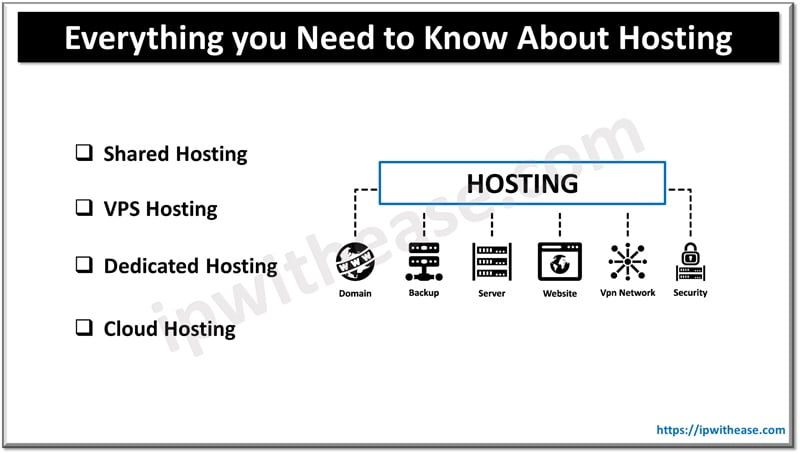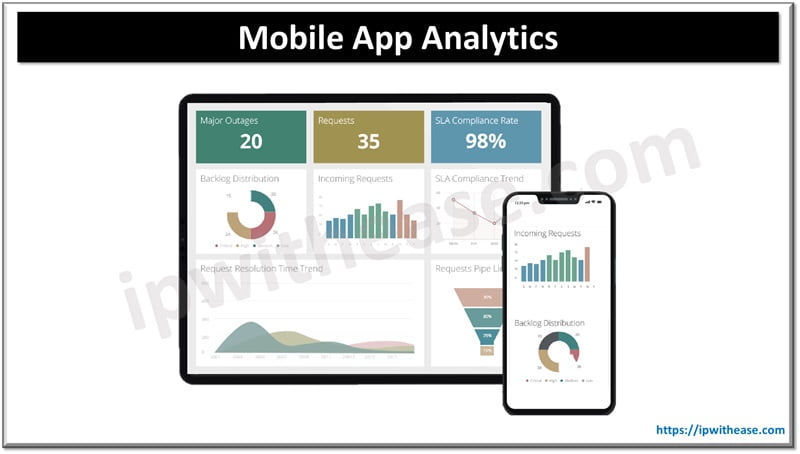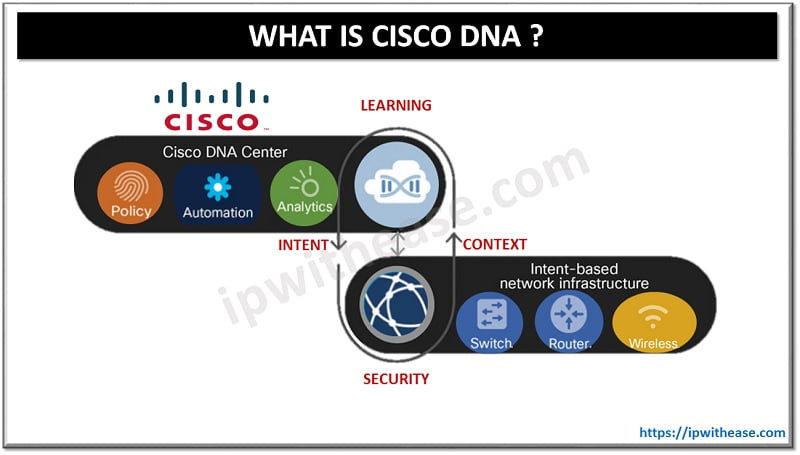Table of Contents
The act of hosting simply means giving a web space or an app a home online, so it is accessible by visitors worldwide. It’s basically a virtual room, but on someone else’s server, where your files, databases, and other online resources will be stored and served to the visitors.
Hosting types differ, shared hosting being the most popular one, with multiple websites sharing one server, but dedicated hosting being another type where only one website is hosted on the server. Considerations as uptime, speed, security and scalability are vital deciding factors in picking an appropriate hosting provider.

Types of Hosting
Hosting services are available in different forms today, trying to fulfill different types of requirements.
- Shared hosting is a low-cost approach, in which resources of one server are shared among several websites.
- VPS (Virtual Private Server) hosting, which entails more control and resources, is an option for website growth.
- Dedicated hosting uses a single server that is entirely devoted to running a single website, with no performance constraints and full control over the server.
- Cloud hosting spreads resources across various server, it is scalable and dependable.
Key Features
Bandwidth, disk space, uptime and support are the most vital features to look into.
- Bandwidth establishes the rate of data transfer, which translates into website loading times.
- Sufficient space is a necessary condition for storing website files and databases.
- Uptime guarantee shows a number of times your website is available for visitors.
- Consistent support in case of technical problems or emergency must be available as a priority 24/7.
Related: BANDWIDTH vs THROUGHPUT
Security Measures
The host security is also very important to ensure security of data as well as the integrity of the site.
- SSL certificates use features to encrypt data transmissions during connections in order to guarantee security.
- Firewalls and malware scanners are installed to defend against cyber threats.; continuous backup systems prevent disastrous data destroying situations.
- Also, powerful password policies and regular upgrades of the software provide additional security.
Scalability and Performance
- Scalability is a must when it comes to website hosting in the sense of handling website growth. With the spikes of traffic, the hosting should scale the resources automatically to avoid overload of requests.
- Performance indicators which include server response time and page loading speed have a huge impact on user experience (UX) and SEO ranking. Hosting providers are better off selecting a hosting provider with a strong infrastructure and servers that are optimized to keep the performance on par.
Conclusion
In summary, hosting is a fundamental element of a functioning web presence, because it acts upon site-loading speed, security and scalability. Knowing the different types of hosting and their major characteristics helps the web site owners to make well-determined decisions.
Safety measures and performance tuning should be the focus in order to provide smooth user experience without cyber threats. Whether it is shared VPS dedicated or cloud hosting, you need to choose a service that meet all your requirements in order to succeed in the online world.
Continue Reading:
Hosting a Web Server on AWS EC2 Instance
ABOUT THE AUTHOR
IPwithease is aimed at sharing knowledge across varied domains like Network, Security, Virtualization, Software, Wireless, etc.



